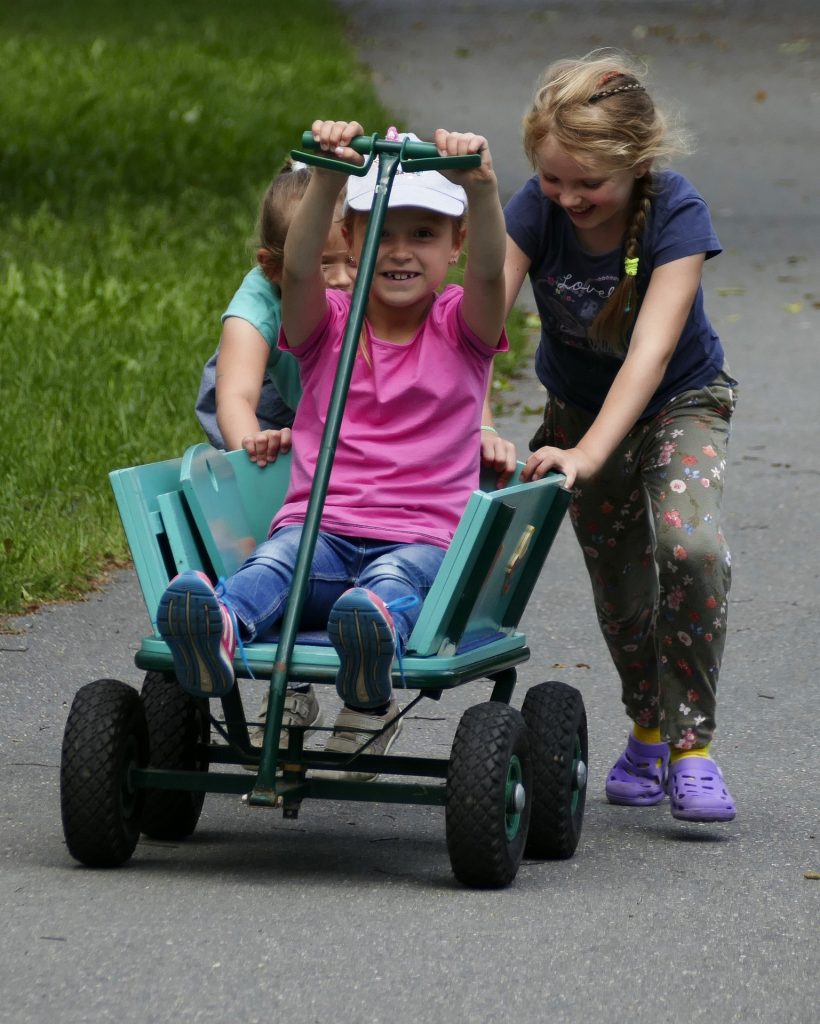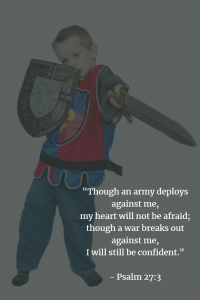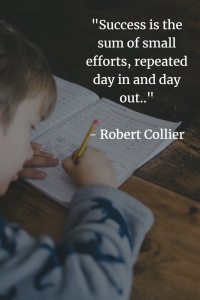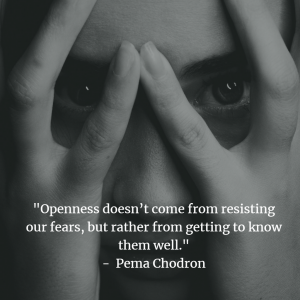Relationships Are Important
In today’s world, we are becoming more disconnected from each other, and healthy relationships are in steep decline. Loneliness is one of the major problems most populations are facing, and children are not protected from it. Healthy relationships are one of the most important components needed to make life more enjoyable. We might know or be around a lot of people yet no meaningful relationship exists with any of them. This article looks at relationships and the need for children to become conscious of a healthy relationship, its importance and what they might do about their relationships.

In today’s world, we are becoming more disconnected from each other, and healthy relationships are in steep decline. Loneliness is one of the major problems most populations are facing, and children are not protected from it. Healthy relationships are one of the most important components needed to make life more enjoyable. We might know or be around a lot of people yet no meaningful relationship exists with any of them. This article looks at relationships and the need for children to become conscious of a healthy relationship, its importance and what they might do about their relationships.
CONCEPTUAL BASIS
Now as they were traveling along, Jesus went into a village. A woman named Martha welcomed him into her home. She had a sister named Mary, who sat down at the Lord’s feet and kept listening to what he was saying. But Martha was worrying about all the things she had to do, so she came to him and asked, “Lord, you do care that my sister has left me to do the work all by myself, don’t you? Then tell her to help me.” The Lord answered her, “Martha, Martha! You worry and fuss about a lot of things. But there’s only one thing you need. Mary has chosen what is better, and it is not to be taken away from her.” – Luke 10: 38 – 42
KEY TAKEAWAYS
We are all products shaped by other people through our relationships interactions. People journeyed through life encountering many people but not building healthy relationships, which is why healthy relationships are in steep decline in today’s world. When we look around, loneliness is one of the major problems most populations are facing today, and children are not protected from it. It is becoming more difficult to relate with one another and we are more disconnected from each other. The rate of relationship breakdowns from family, work colleagues, classmates to marriage is on the rise. The combination of relationship issues and loneliness lays a foundation towards mental health issues. In this article, I am going to look at relationships and how you can help your children become conscious of the need for a healthy relationship, its importance and what they might do about their relationships.
Healthy relationships are one of the most important components of life that we need to make life more enjoyable. We might know or be around a lot of people yet no meaningful relationship exists with any of them. Let us be reminded that even when someone has many companions that seem friendly, they can suffer as some “friends” don’t help, but a true friend is closer than some family members. The biblical text presented a scenario of two sisters, Mary and Martha, and how they attended to their guest. While Martha was very busy in the entertainment of their guest and was being drawn in different ways at the same time, her sister was spending quality time connecting and discussing with the guest. When Martha complained about her sister not helping out, the guest pointed out that while she was doing the right thing catering for him, the sister had chosen the more valuable thing of engaging with him and learning more about him.
Children are normally part of various groups in school, yet they may not have true friendship or meaningful relationships with other group members. In these groups, they tend to put a lot of focus on results for example wining matches like in case of sports clubs. In teenage years, a sports team success does not mean they are building relationships. After a team wins or moves on what is next about the team members relationships with each other? Let’s step back home, what type of relationships do your children have with each other or other family members? Do they relate and try to know more about each other or do they just tolerate one another and try to fence off their spaces? What will make the difference for your children today and in the future is the healthy relationships they have. The separating factor between consistently happy people and less happy people is the existence of a rich, healthy, deep, joy-producing, life-changing and meaningful relationships both with families members and others.
Robert Putnam, a Professor of Public Policy at Harvard University explores the concept of social capital, which is the connection among individuals, social networks and the norms of reciprocity and trustworthiness that arise from them. Putnam, wrote that these connections are encapsulated in organisations — churches, sport clubs/leagues, social groups, or in less-structured exchanges, such as chatting with friends, classmates or colleagues or having dinner with family or friends. While I will not delve into who or what type of person your child should have a relationship with in this article, it is important to know that your child can know a lot of people without really being known by any of them, and end up lonely. A healthy relationship takes time and commitment. Children will need to nourish their friendships and take care of their relationships by checking in and staying in touch. It is better to have a few close friends rather than a lot of undependable companions.
The Putnam term about building “social capital” is important because they have value, specifically in improving the productivity of individuals and groups just like the opening statement that we are products of others. To enable us to look at ways that a child can develop and nourish healthy relationships, I will approach it from the root meaning of the word. Relationship is a compound word made up of “relation” and “ship”. Relation comes from the words “relacioun/relacion” which refers to “connection” and the Latin version “relationem” refers to “bringing back/restoring”. The word “ship” refers to “quality, condition” and in Middle English “schipe” refers to “state or condition of being” while the Proto-Germaniac word “skap” refers to “to create”. From the root words, we can see that relationships are about the conscious effort of creating a state or condition of quality connection with others. A healthy relationship will not happen by accident but requires time and effort. Going back to our biblical text, you can see that Mary created that state and condition for connecting with their guest, spending quality time to know him and his mission better. The difference this makes can be seen in what plays out later when their brother died and he visited. Both Martha and Mary used the same opening statement on meeting him but the ensuing discussion that followed and his emotional response towards Mary showed a deeper connection as a friend.
WHAT TO DO ABOUT IT
In order to help your child, the first steps are to teach your child that healthy relationships are very important. Your child needs to be able to cultivate and nourish their relationships. Your child will have to learn to connect with other people, learn more about them and not be overly inward-focus or selfish. Your child needs to know that people are not dispensable pawns in life that one uses, steps on to get to the next level and then dump. Neither are they to be just tolerated instead of being valued. Nourishing relationships are not about how long you have known the person but the quality of engaging and connecting with the person. I learnt something from my grandmother while growing up. Whenever I visited her, whether it was a long or short visit, she would take me into her room and we would sit next to each other and she would ask me “Friend, how are you…”. She would inquire about my welfare and other things concerning me. If I had discussed something in my previous visits, she would ask for updates. At this moment, nothing else matters as the focus was on both of us and we were not distracted like Martha. During these moments, I would also learn a lot about her, especially things that are important to her that even my mother, who visits her almost fortnightly, does not know. It is all about the quality of engagement and connection. The key takeaway of this article is that relationships matter and you need to teach and support your child in building relationship skills. The following paragraphs suggest practical steps you can take to help your child develop some relationship building skills.
IDEAS TO DISCUSS WITH YOUR CHILD/CHILDREN
- Discuss the importance of having and maintaining healthy relationships. Alone a child can be easily overpowered, but two of them can scare off an attacker. Also with healthy relationships, either of them can help the other up when they fall.
- What is their understanding of a healthy relationship and a parasitic relationship?
- Does the child know that it is important to know more about their siblings and friends?
- If you have more than one child, ask them what they know about each other such as likes, hobbies, interests. If you have only one child, ask about their friends.
- Let your child know that encouraging one another is helping build the person up. Close relationships are all about building each other up and supporting each other, no matter what happens.
- The child should make effort to avoid speaking degradable words to others, but only such as is good for building up, speak words that fits the situation, so that people who hear it feel supported.
TASKS TO AGREE WITH YOUR CHILD/CHILDREN FOR THE WEEK
Below are some suggested items you can use to guide in agree on task for the week that should help in relationship building skills.
- Agree with your child to learn one or two new things about their siblings.
- Encourage them to speak to someone in their class or group the child has not spoken to before.
- Chat with your child, telling the child something new you will like him/her to know about you and vice versa.




